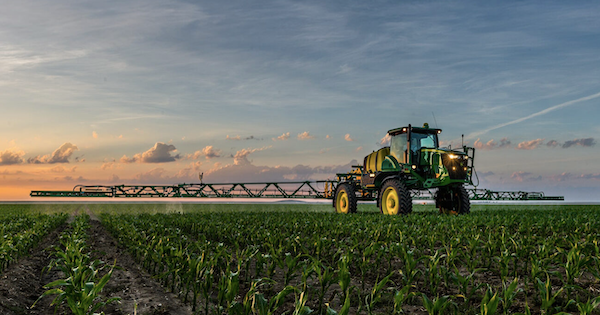Over time, many plants have evolved to account for their environment, and some of their developed features are now taking a toll on agricultural producers. A form of “surge protection,” known as non-photochemical quenching (NPQ), is one safeguard that plants have developed. This helps them avoid taking in too much light in short bursts, but it can stifle natural photosynthesis, as rebounding from NPQ can be a slow process for plants. Now, researchers have discovered genes that may help farmers breed plants that are better equipped to take advantage of bursts of sunlight. In turn, they may speed up the NPQ process within certain crops, resulting in a higher yield, according to the University of Nebraska-Lincoln (UNL).
UNL biochemistry assistant professor Kasia Glowacka and a group of researchers recently had their work published in New Phytologist. They noted that slow NPQ could account for up to a 40% decrease in field-grown crops and set out to determine how to speed up the process. Through field trials, they identified six gene candidates that may change the way agricultural producers breed plants for the future by expediting NPQ.
“When you think from the perspective of a chloroplast in a plant cell, life is really difficult,” Glowacka explained to UNL. “Every few seconds, the environment is changing.”
Glowacka and the team of researchers noted that their results could make an impact in as little as six years. Furthermore, crop breeders may be able to better position themselves and agricultural producers for future global food shortages.
“We can gain 22% of that yield from the crops, potentially, if we were to speed up the NPQ,” Glowacka added while speaking to UNL.
More information on the agricultural equipment Deere has to offer can be found by contacting your local John Deere dealer.
